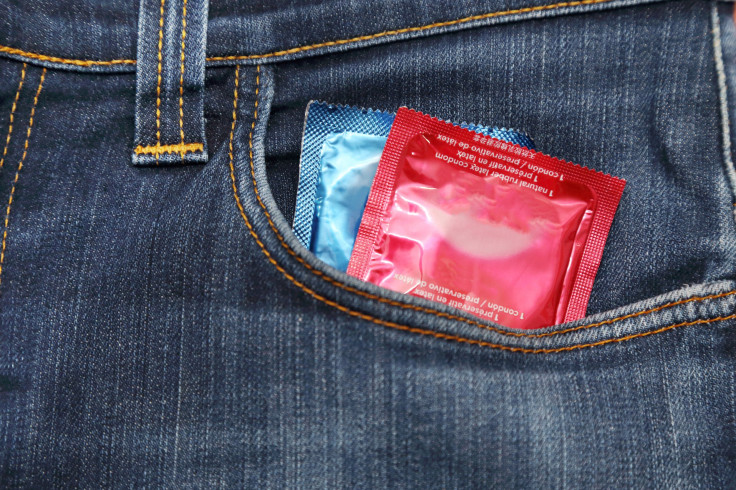Male Ebola Survivors Should Avoid Unprotected Sex For At Least 3 Months: Do Not Forget Your Condoms!

By some miracle you’ve survived a bout of the Ebola virus — you’ve recovered, beginning to feel healthy and strong. But the quarantine, so to speak, is not over yet. A new study recommends that male survivors do not have unprotected sex for at least three months.
“Despite the evident need to conduct more research, for now, health care professionals should strongly recommend sexual abstinence or condom-protected encounters for at least three months,” noted the authors.
The Crisis Continues
The Ebola virus is shed in bodily fluids, including blood, vomit, feces, saliva, urine, tears, as well as vaginal and seminal fluids. Because of this, people who care for the sick or handle the bodies of infected people are especially vulnerable. As of Dec. 7, the World Health Organization (WHO) reported a total of 17,942 confirmed, probable, and suspected cases of Ebola virus disease in Guinea, Liberia, Mali, Sierra Leone, Nigeria, Senegal, the United States, and Spain. Of these total patients, 6,388 have died. According to WHO, reported case incidence is declining in Liberia, slightly increasing in Guinea, and possibly still on the rise in Sierra Leone.
While the crisis has not yet ended, world leaders have turned their focus on the recovery. “More than 3,300 children have been orphaned,” Ban Ki-moon, United Nations Secretary General, told a panel on economic and social issues as reported in the Washington Times. “The social and economic impact has been broad and deep. It will long outlast the outbreak itself.”
Concern and warnings are aimed at surviving individuals as well as surviving nations. For instance, scientists have begun to caution survivors that the Ebola virus may remain present in their semen for up to three months following the initial infection. Past studies have tested the semen of convalescent patients and confirmed the presence live virus — despite the disappearance of symptoms. However, semen that tests positive for the virus may not be infectious. The current evidence is inconclusive, even if one study that followed four recovered men and their sexual partners found that no sexual partner developed symptoms.
For the current study, Drs. Walter Cardona-Maya, Paula Velilla Hernandez, and Daniel Henao examined the existing scientific research on recovered men whose symptoms had faded. Among these male survivors, the virus persisted in tested semen samples for an overall average of 66.6 days, though in one case, the number of days rose to 91. Needless to say, erring on the side of caution makes the most sense, as the authors suggest.
Source: Cardona-Maya W, Velilla Hernandez P, Henao D. Male Ebola Survivors: Do not forget to use a condom! Reproductive Sciences. 2014.
Published by Medicaldaily.com



























